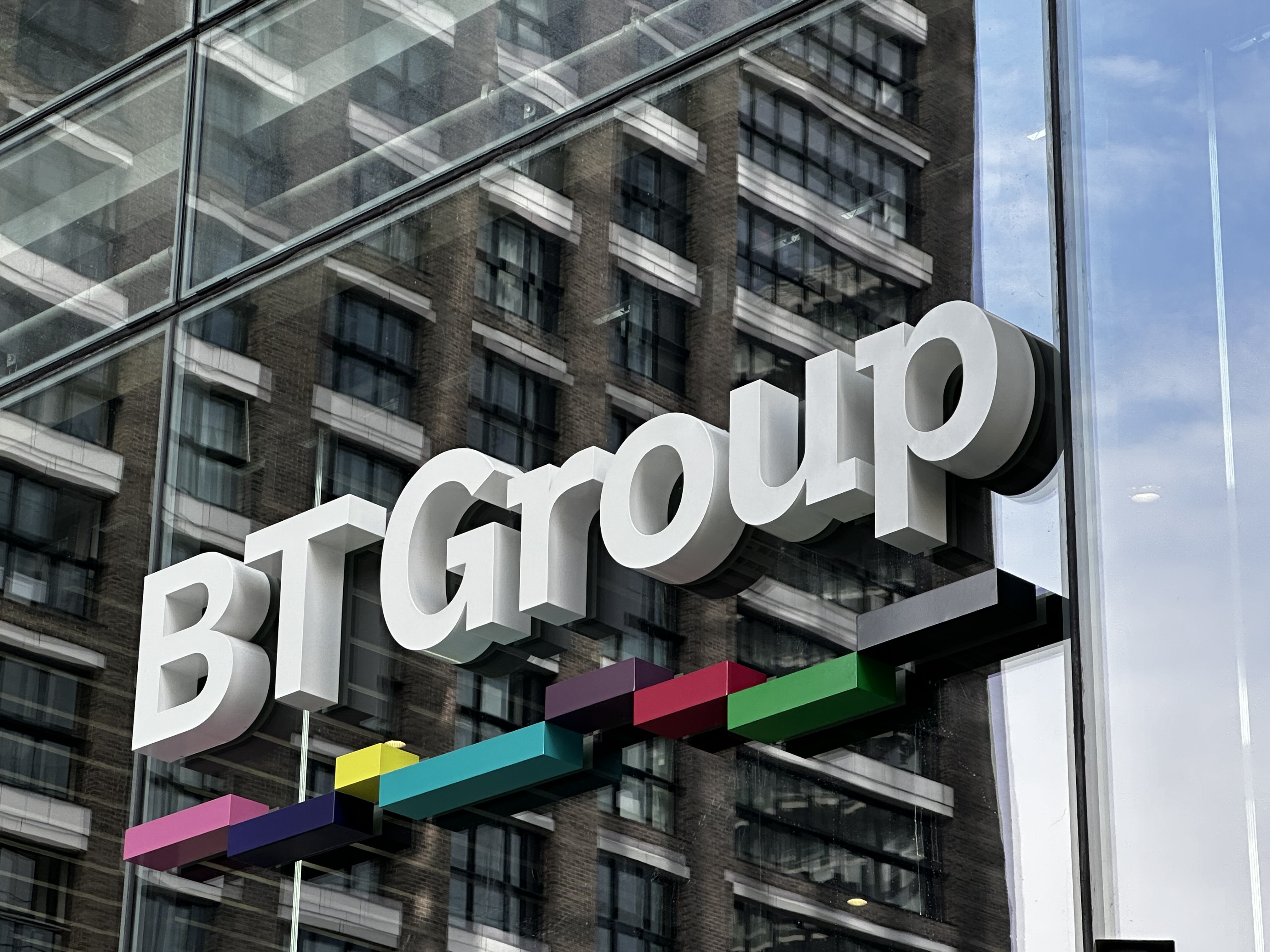BT Group has seen its profit before tax drop by 31% year-on-year to £1.2bn, as the firm wrote down a sizeable part of the business, while shares increased by over 10%.
In a statement, the group’s chief executive, Allison Kirkby, said that BT is moving to its next phase of transformation, "exploring options to optimise" its global business, while being "fully focused on connecting the UK".
The results included a non-cash impairment of goodwill, increased depreciation, amortisation and pension expense, which was partially offset by adjusted EBTIDA growth of 2%, leading to the company’s value to drop by £488m.
Despite this, in the years to 31 March, the telecommunications group saw its revenue remain relatively stable, increasing by £100m to £20.8bn.
Kirkby added: "BT Group built and connected customers to our next generation networks at record speed and efficiency over the past year, while continuing to grow revenue and EBITDA. Having passed peak capex on our full fibre broadband rollout and achieved our £3bn cost and service transformation programme a year ahead of schedule, we've now reached the inflection point on our long-term strategy.
"This delivery and greater capex efficiency gives us the confidence to provide new guidance for significantly increased short term cash flow and sets out a path to more than double our normalised free cash flow over the next five years. This enhanced cash flow allows us to increase our dividend for FY24 by 3.9% to 8.0 pence per share. We're also setting a further £3bn of gross annualised cost savings to be reached by the end of FY29."
Following the results announcement, shares at BT increased by up to 12% as the firm looks to invest heavily in the UK, Reuters has said.
In the 2025 financial year, BT expects its revenue to grow by up to 1% and has estimated an EBITDA of £8.2bn.
In its mid-term guidance, BT said that it is aiming for revenue and EBITDA growth, enhanced by cost transformation from FY26 to FY30, while attempting to reach a normalised free cash flow of around £2bn by FY27 and £3bn by the end of the decade.
Investment director at AJ Bell, Russ Mould, added: "The positive share price reaction will have also caught some big investors off guard. There has been a notable increase in institutional investors betting against BT since September 2023, with the amount of stock on loan to short sellers rising from 0.5% to 2.74% over this period.
"BT has been criticised widely in the past for poor levels of growth and service and having high levels of debt, elements that tend to attract short sellers looking to profit from any decline in the share price.
"BlackRock, Canada Pension Plan Investment Board and AKO Capital are among the biggest short sellers of BT, according to FCA data, and they might be shocked at the new guidance unveiled alongside full-year results. Certainly, the share price is now travelling in the opposite direction they wanted, and the short sellers may decide to close out those trades if market sentiment has now improved for BT."
© 2019 Perspective Publishing Privacy & Cookies









Recent Stories